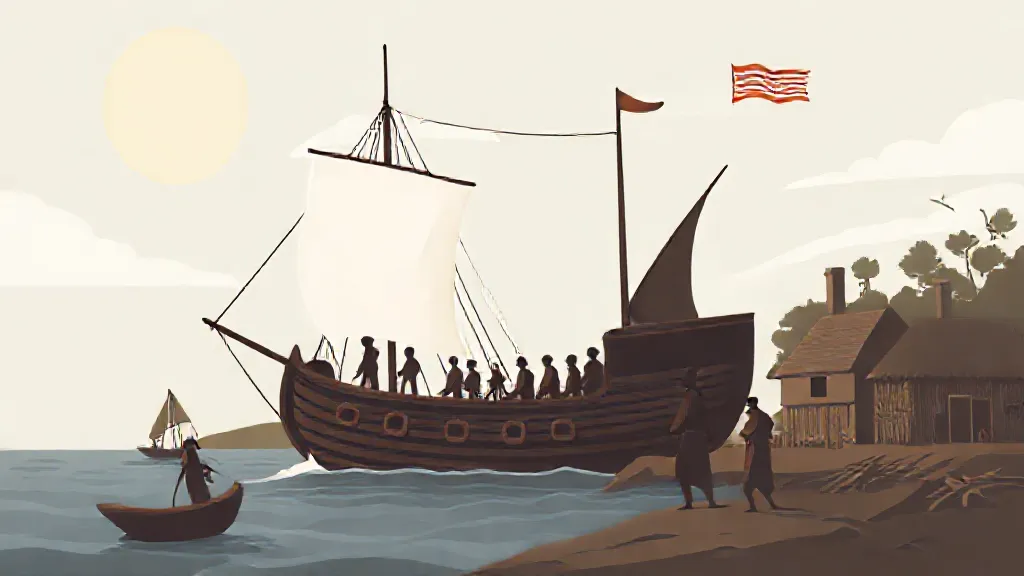Travel Tips
Lorem ipsum dolor sit amet, consectetur adipiscing elit.

An exploration of the historical arrival of enslaved Africans in the Americas
The arrival of the first enslaved Africans in America marked a significant and tragic chapter in the history of the continent. This event, which occurred in the early 17th century, set the stage for the development of a system of racial slavery that would profoundly impact American society, culture, and economy for centuries to come. Understanding where the first slaves arrived in America involves delving into the historical context of the transatlantic slave trade, the motivations behind it, and its long-lasting effects on both the African and American populations.
The first documented arrival of enslaved Africans in what is now the United States occurred in 1619 in the British colony of Virginia. A group of about 20 Africans was brought to the Jamestown settlement by a Dutch ship, the White Lion, which had captured them from a Portuguese slave ship. This event is often cited as the beginning of African slavery in British North America, although it is important to note that slavery existed in various forms among Native American tribes long before this arrival.
The context of the transatlantic slave trade is essential to understanding the significance of this event. The trade was driven by European colonial powers' insatiable demand for labor to cultivate cash crops such as tobacco, sugar, and cotton. The labor-intensive nature of these crops necessitated a large workforce, which led to the brutal practice of transporting enslaved Africans across the Atlantic Ocean under inhumane conditions.
The Middle Passage, as this journey was known, was marked by extreme overcrowding, disease, and high mortality rates.
In the years following the arrival of the first enslaved Africans, the institution of slavery expanded rapidly in Virginia and other colonies. The legal framework that supported slavery began to take shape, with laws enacted to define the status of enslaved individuals and their descendants.
By the late 17th century, slavery had become deeply entrenched in the economic and social fabric of the American colonies, particularly in the South, where plantation agriculture thrived.
The impact of this early arrival of enslaved Africans was profound and far-reaching. Enslaved individuals contributed significantly to the economy through their labor, but they also brought rich cultural traditions, knowledge, and skills that would influence American society.
The blending of African, European, and Indigenous cultures gave rise to unique forms of music, cuisine, and religious practices that are still evident in American culture today.
The legacy of slavery in America is complex and painful. The system of racial slavery laid the groundwork for systemic racism and inequality that persists to this day.
The struggles for civil rights and social justice that followed the abolition of slavery in the 19th century were rooted in the injustices faced by enslaved individuals and their descendants. Understanding the history of slavery in America is crucial for addressing contemporary issues of race and inequality.
In conclusion, the arrival of the first enslaved Africans in America in 1619 was a pivotal moment that initiated a dark period in American history.
It serves as a reminder of the resilience of the human spirit in the face of oppression and the ongoing impact of this legacy on society. As we reflect on this history, it is essential to acknowledge the voices and experiences of those who endured slavery and to strive for a more equitable future.
For further reading, scholars and interested individuals may explore works such as "The Slave Ship: A Human History" by Marcus Rediker, which provides an in-depth look at the transatlantic slave trade, or "Slavery and the Making of America" by James Oliver Horton and Lois E.
Horton, which examines the role of slavery in shaping American history and culture. These resources can help deepen the understanding of this complex and significant topic.